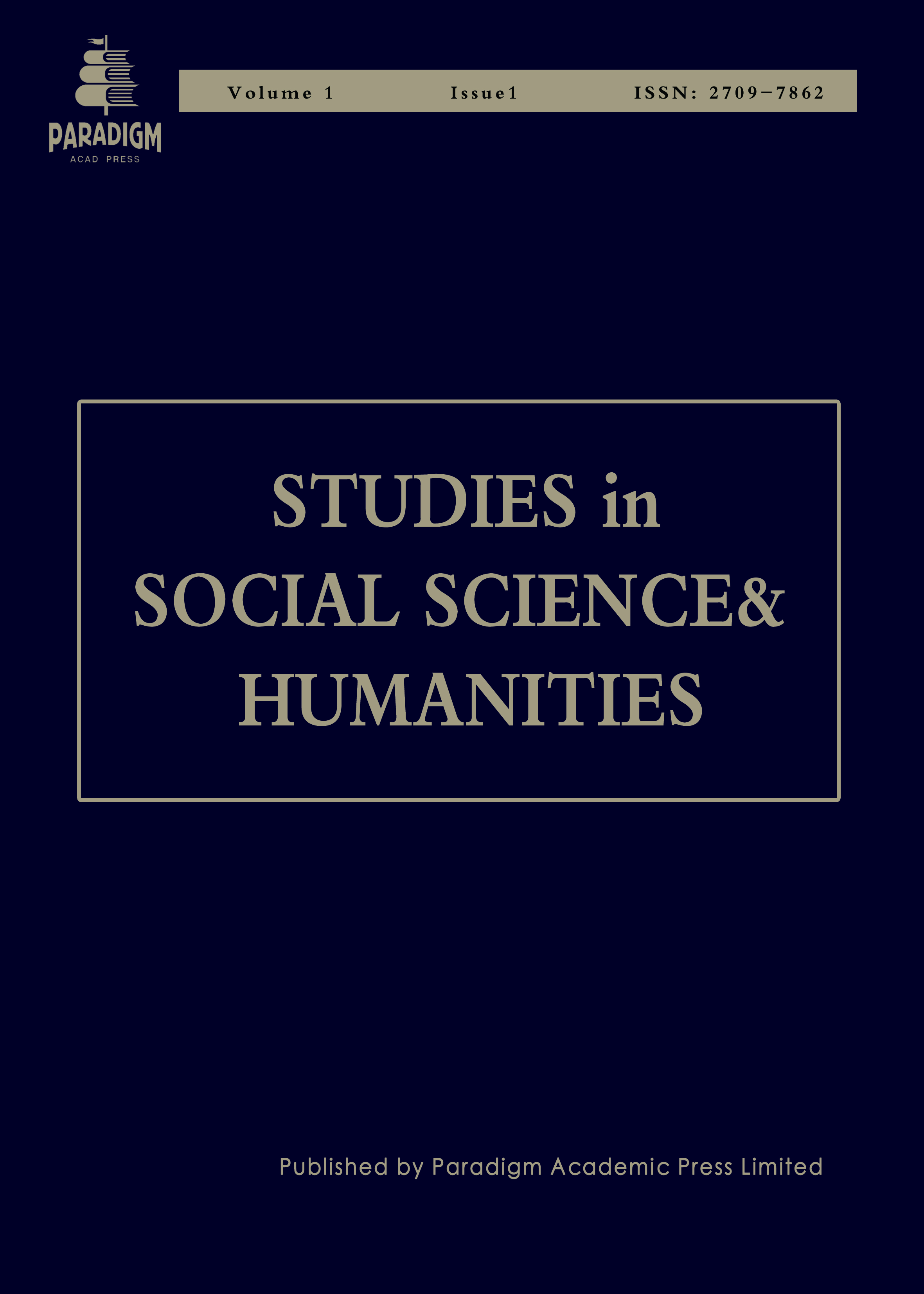Bullying in School Among Children and Adolescents from Cognitive and Developmental Perspectives: Implications for Prevention Practices
Keywords:
school-based bullying, group process, social identities, bullying intervention, group normsAbstract
This essay provides a comprehensive analysis of school-based bullying from both cognitive and socio-developmental perspectives, illustrating its nature as a group process shaped by various factors within socio-ecological systems. Bullying is conceptualised as a detrimental universal phenomenon with long-term implications for children and adolescents, manifesting in different forms due to distinct gender and age profiles. Emphasising the role of the peer group within this dynamic process, the essay highlights the significance of proximal social factors, group relationships, and the individuals' diverse social identities. The implications of the various participant roles within bullying, from bullies and victims to bystanders, are also explored. Contextual factors and individual characteristics that predict bystanders' responses to bullying are discussed. Despite the limitations of self-reported bullying behaviour and the difficulty of manipulating individual perceptions of group identification, this essay underscores the necessity of multifaceted interventions for bullying, like empathy training and bystander interventions, combined with supportive school environments and parental involvement. Further longitudinal studies across different developmental stages are proposed for future research.


